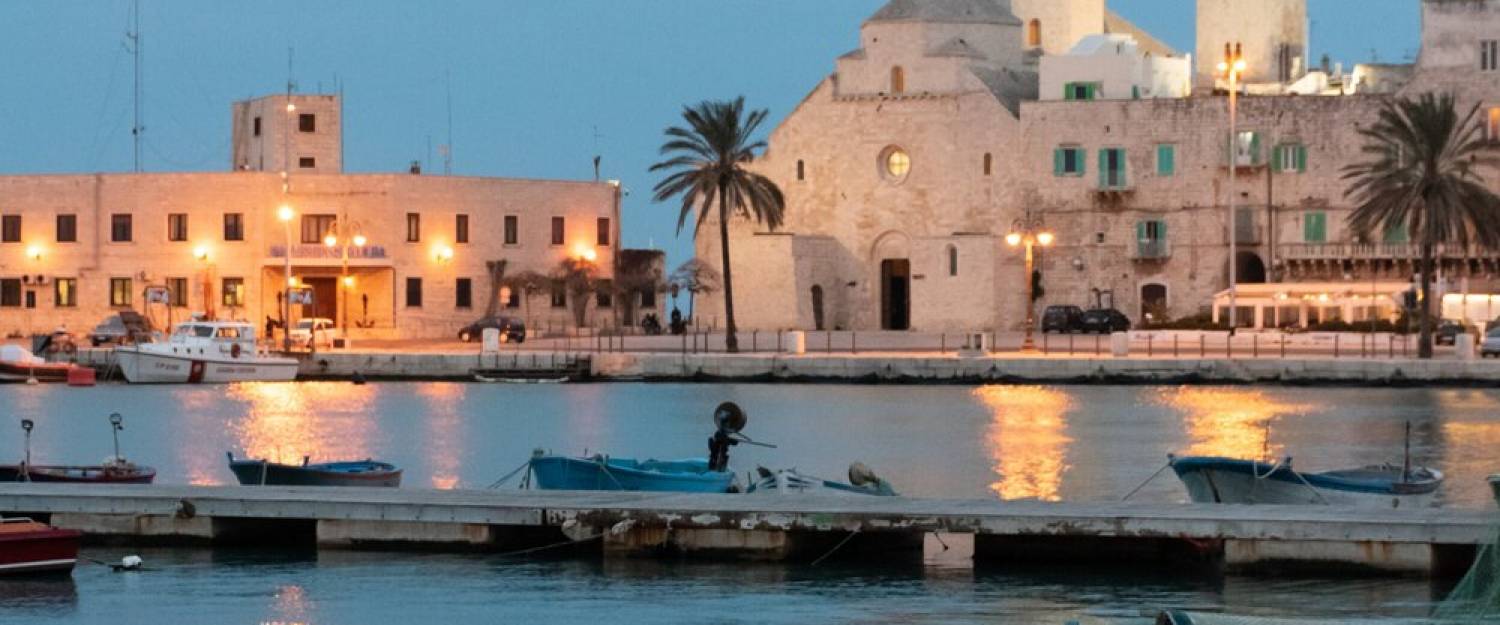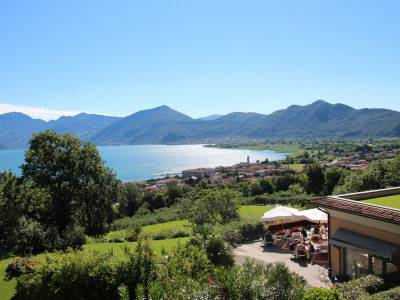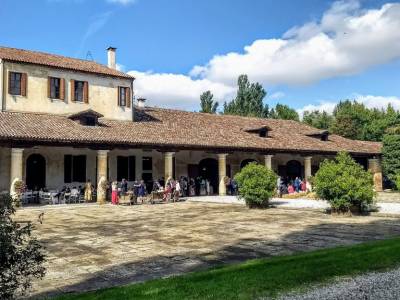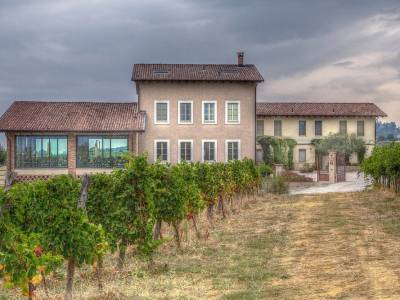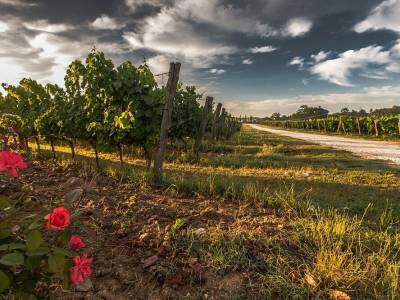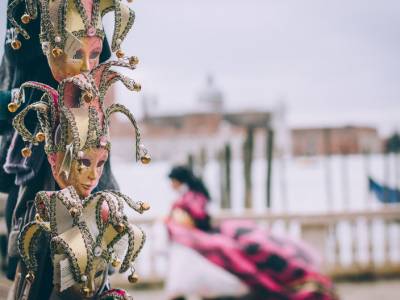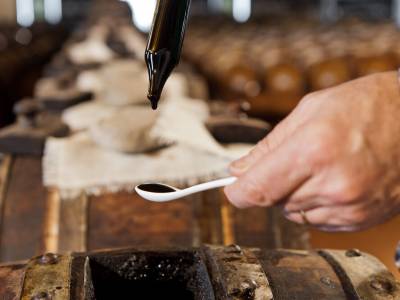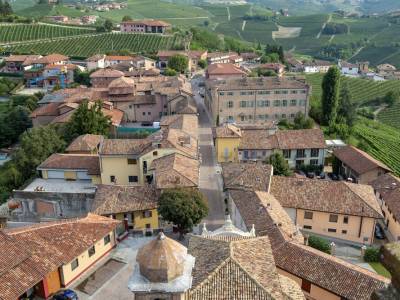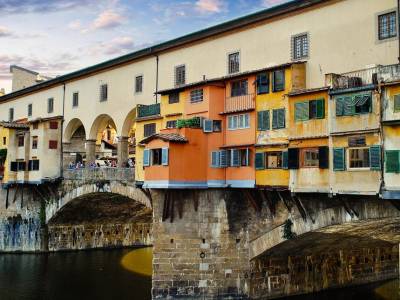Five of Apulia’s most beautiful towns
27 Sep 2023 Magazine TALESCOLLECTION 1309Located in Italy’s southeastern tip, Apulia is a land of incredible beauty blessed with an endless variety of sights. From dreamy clusters of whitewashed houses nestled on the hills to quaint villages facing sparkling blue waters, a trip to this sun-drenched pocket of Italy is guaranteed to make you feel like stepping into a postcard at every turn.
While the curious conical-roofed trulli of the Itria Valley may be Apulia’s most well-known icon, the region is packed with treasures to uncover and explore, including baroque wonders, Caribbean-like beaches and fascinating archeological sites.
Here are five of Apulia’s most beautiful towns not to miss on your next vacation to the heel of Italy.
Lecce
Lecce is a lively university town with plenty to see and do, right at the heart of Apulia’s Salento peninsula. The “Florence of the South”, as it’s often nicknamed, is an elegant centre of history and culture brimming with fascinating Baroque palaces and churches. One of Lecce’s most striking features is the local honey-coloured stone of its facades, which glimmers in the sunlight, casting a golden glow over the town. Piazza Sant’Oronzo, Lecce’s central square, is home to a stunning, partially-buried Roman amphitheater dating from the 2nd century, while the local cathedral boasts a lavishly decorated exterior. Lecce is also renowned for its papier-mâché workshops and the Castle of Charles V hosts a museum dedicated to this precious art.
Ostuni
Ostuni is Apulia’s ‘white city’ par excellence: an astonishing pile of dazzling white buildings crowning a hill covered in olive groves that will catch your eyes from afar. Getting lost in its rustic, yet chic alleys, is one of the most beautiful things to do in Ostuni, with countless beautiful details around every corner, from enchanting al-fresco lounges to lush cacti and colourful geraniums decorating the white walls of houses. This charming town near Apulia’s Adriatic coast features a splendid gothic cathedral and is surrounded by ancient defensive walls that provide fabulous viewpoints over the surroundings. What’s more, Ostuni is just a stone’s throw from some of Apulia’s most beautiful beaches, such as the marine protected area of Torre Guaceto and the beautiful Pilone beach.
Martina Franca
Founded in the 10th century by a group of refugees escaping a Saracen attack, Martina Franca sits on the highest point of the Murgia plateau and is the largest town in Apulia’s Itria Valley. Most of its attractions are located in the gorgeous historic centre, where Baroque is the prevailing style. One of the most scenic spots is Piazza Maria Immacolata, a circular, porticoed square flanked by elegant palaces, while the back alleys overflow with dazzling white houses, eye-catching wrought-iron balconies and quaint eateries serving local culinary delights like Capocollo di Martina Franca, a type of cured meat listed as a Slow Food Presidium. Not to miss is Martina Franca’s grand civic building, Palazzo Ducale, boasting stunning 18th-century fresco cycles.
Polignano a Mare
Few towns reflect Apulia’s magic charm like Polignano a Mare, undoubtedly one of the region’s most photogenic places. Sitting on a clifftop overlooking the Adriatic coast, Polignano has a compact old town boasting the cutest little churches, delightful outdoor cafés and countless historic buildings with the occasional poem written by hand on walls or stairs. Scenic viewpoints abound, from the balcony of Terrazza Santo Stefano overlooking the town and its beach, to Pietra Piatta, a big flat rock with gorgeous views over the historic centre. Cala Porto, the town’s pebbled beach, enjoys a scenic location between two high cliffs and is a great spot for cliff diving. Alternatively, the stunning natural marina of Cala Incina is only a quick drive away.
Otranto
Encircled by thick walls, Otranto is a lovely harbour town with an enchanting waterfront promenade and scenic stone alleyways filled with artisanal workshops. Visitors are greeted by an imposing Aragonese castle, but the top spot in town is the Cathedral of the Annunciation, a one-of-a-kind religious building dating from the 11th century, featuring a grandiose mosaic of the tree of life that covers the whole floor, as well as the ghastly relics of over 800 martyrs beheaded by the Turkish invaders back in the 15th century. Otranto’s beauty extends well outside its historic centre, with numerous scenic spots worth checking out such as the lighthouse of Punta Palascia, Italy’s easternmost point, and a disused bauxite quarry with a splendid emerald-coloured pond.
Lecce is a lively university town with plenty to see and do, right at the heart of Apulia’s Salento peninsula. The “Florence of the South”, as it’s often nicknamed, is an elegant centre of history and culture brimming with fascinating Baroque palaces and churches. One of Lecce’s most striking features is the local honey-coloured stone of its facades, which glimmers in the sunlight, casting a golden glow over the town. Piazza Sant’Oronzo, Lecce’s central square, is home to a stunning, partially-buried Roman amphitheater dating from the 2nd century, while the local cathedral boasts a lavishly decorated exterior. Lecce is also renowned for its papier-mâché workshops and the Castle of Charles V hosts a museum dedicated to this precious art.
Ostuni
Ostuni is Apulia’s ‘white city’ par excellence: an astonishing pile of dazzling white buildings crowning a hill covered in olive groves that will catch your eyes from afar. Getting lost in its rustic, yet chic alleys, is one of the most beautiful things to do in Ostuni, with countless beautiful details around every corner, from enchanting al-fresco lounges to lush cacti and colourful geraniums decorating the white walls of houses. This charming town near Apulia’s Adriatic coast features a splendid gothic cathedral and is surrounded by ancient defensive walls that provide fabulous viewpoints over the surroundings. What’s more, Ostuni is just a stone’s throw from some of Apulia’s most beautiful beaches, such as the marine protected area of Torre Guaceto and the beautiful Pilone beach.
Martina Franca
Founded in the 10th century by a group of refugees escaping a Saracen attack, Martina Franca sits on the highest point of the Murgia plateau and is the largest town in Apulia’s Itria Valley. Most of its attractions are located in the gorgeous historic centre, where Baroque is the prevailing style. One of the most scenic spots is Piazza Maria Immacolata, a circular, porticoed square flanked by elegant palaces, while the back alleys overflow with dazzling white houses, eye-catching wrought-iron balconies and quaint eateries serving local culinary delights like Capocollo di Martina Franca, a type of cured meat listed as a Slow Food Presidium. Not to miss is Martina Franca’s grand civic building, Palazzo Ducale, boasting stunning 18th-century fresco cycles.
Polignano a Mare
Few towns reflect Apulia’s magic charm like Polignano a Mare, undoubtedly one of the region’s most photogenic places. Sitting on a clifftop overlooking the Adriatic coast, Polignano has a compact old town boasting the cutest little churches, delightful outdoor cafés and countless historic buildings with the occasional poem written by hand on walls or stairs. Scenic viewpoints abound, from the balcony of Terrazza Santo Stefano overlooking the town and its beach, to Pietra Piatta, a big flat rock with gorgeous views over the historic centre. Cala Porto, the town’s pebbled beach, enjoys a scenic location between two high cliffs and is a great spot for cliff diving. Alternatively, the stunning natural marina of Cala Incina is only a quick drive away.
Otranto
Encircled by thick walls, Otranto is a lovely harbour town with an enchanting waterfront promenade and scenic stone alleyways filled with artisanal workshops. Visitors are greeted by an imposing Aragonese castle, but the top spot in town is the Cathedral of the Annunciation, a one-of-a-kind religious building dating from the 11th century, featuring a grandiose mosaic of the tree of life that covers the whole floor, as well as the ghastly relics of over 800 martyrs beheaded by the Turkish invaders back in the 15th century. Otranto’s beauty extends well outside its historic centre, with numerous scenic spots worth checking out such as the lighthouse of Punta Palascia, Italy’s easternmost point, and a disused bauxite quarry with a splendid emerald-coloured pond.


